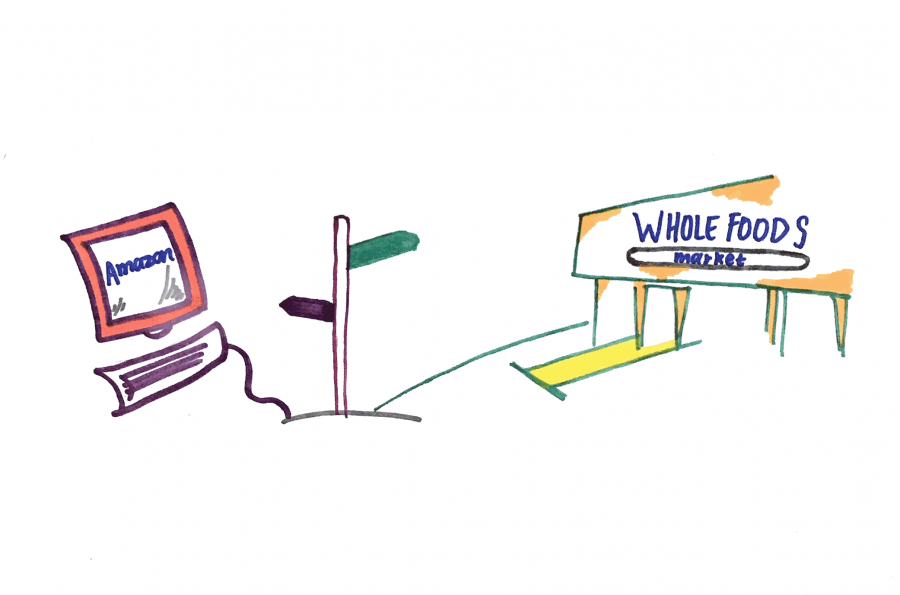Organic foods. Are they a business or a healthy asset for our lives? For all our lifetimes, Whole Foods has been a craze. We’ve been surrounded by much more kale, avocado and green juice than Dairy Queens. We haven’t known what it’s like to go to the supermarket and buy the cheapest produce that is mass produced because we’ve had the money and resources to buy “better quality” organic food.
Organic food is the fastest-growing sector of the US food industry, nearly doubling in sales every year. The idea of food without pesticides and non-GMOs is the ideal and buying foods with this label of “100% Organic” makes us feel safe and healthy. We can question the actual benefits of organic foods, show statistics of efficient farming mechanism and argue about the pesticides in non-organic foods. But nobody seems to think twice about the higher prices of organic food and how that affects different demographics.
Organic food has become a business. If you compared the fridge of an average Harvard Westlake student and a low-income family, you would see very different produce. The fact of this organic business is that healthy foods have become inaccessible to a low-income demographic. It is less efficient to farm organic foods, but why should the standard for cheap food be at the low level of GMOs? It shouldn’t.
Amazon, a company that’s business model is accessibility to all because of its cheaper prices and wide variety products, has taken a huge step in the right direction with food. They have new section of Amazon called “Amazonfresh,” the majority of Amazon users still go to the grocery for their food, but recently they’ve changed the game. Amazon bought Whole Foods. These actions are the type of motives we should appreciate. We can envision a cheaper, healthy world where everyone can buy organic foods. Let’s just hope that Amazon can follow their model and lower Whole Foods’ prices and start selling online as well.
Walmart has a similar motive: affordable organic food. Walmart, being a department store has cheaper prices for their organic food, but people looking for organic food typically don’t buy their produce from Walmart? Why? Is it the prestige and reputation of Whole Foods that people trust? It seems to be that way, but nonetheless low-income families have options of healthy easy eating thanks to Walmart.
Organic foods has been a business for a while now and most people don’t even think about it like that, but healthy options should be available to everyone poor or rich. So Amazon, thank you! We hope you make organic prices reasonable.




































